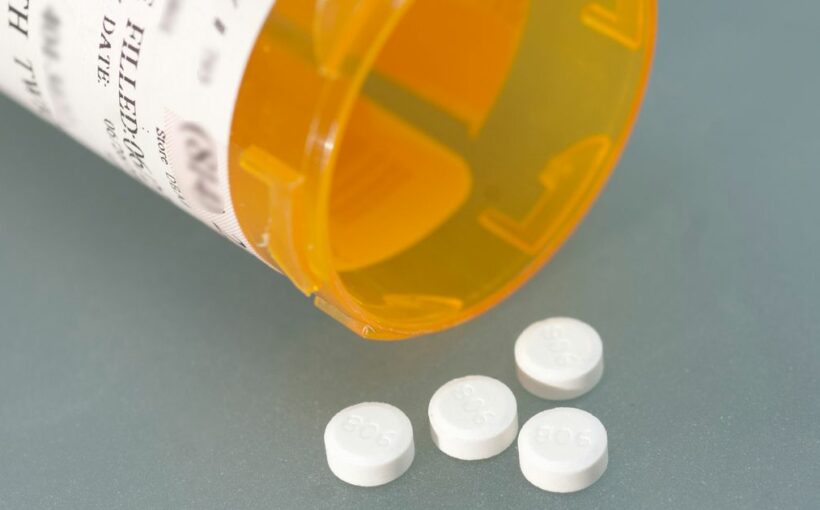A £1 head lice drug can kill off Covid-19 and provide a big boost in the fight against the pandemic, new research has found.
The pills, which cost a few pence each, quickly clear up mild symptoms, say scientists. They flush the virus out of the body – reducing the risk of spread.
Patients who took the Ivermectin drug in a trial found they recovered their sense of smell and taste twice as quickly as those handed a placebo.
Study coordinator Dr Carlos Chaccour, of the Barcelona Institute for Global Health, said: "Many efforts are focusing on developing treatments for Covid-19. But few are addressing how to reduce viral transmission."
-
British Airways selling £1,935 suitcases made with parts of retired Boeing 747s
His team described the results published in EClinicalMedicine as "encouraging".
A single dose of Ivermectin or a placebo was given to 24 patients with confirmed infection within the first 72 hours of their symptoms.
After four and seven days the amount of virus circulating in their bodies was up to three and 18 times lower, respectively, among those receiving the drug.
The duration of some symptoms including loss of smell and taste halved. Coughing was cut by almost a third.
The research has prompted the use of Ivermectin in many Latin-American countries, despite the lack of reliable evidence on its efficacy in treating or preventing infection.
-
Brit skier killed in Swiss Alps avalanches as six others die in tragedy
Dr Chaccour added: "Our findings are in line with those from recent tests conducted in Bangladesh and Argentina.
"Although our study is small and it is too early to draw conclusions, the trends observed in viral loads, symptom duration and antibody levels are encouraging and warrant further exploration in larger clinical trials with a higher diversity of patients."
Last month a study of over 1,400 Covid-19 patients by Liverpool University found Ivermectin cut the risk of death by 80% and halved time in intensive care.
They suggested it works by interfering with the life cycle of the coronavirus.
Source: Read Full Article



